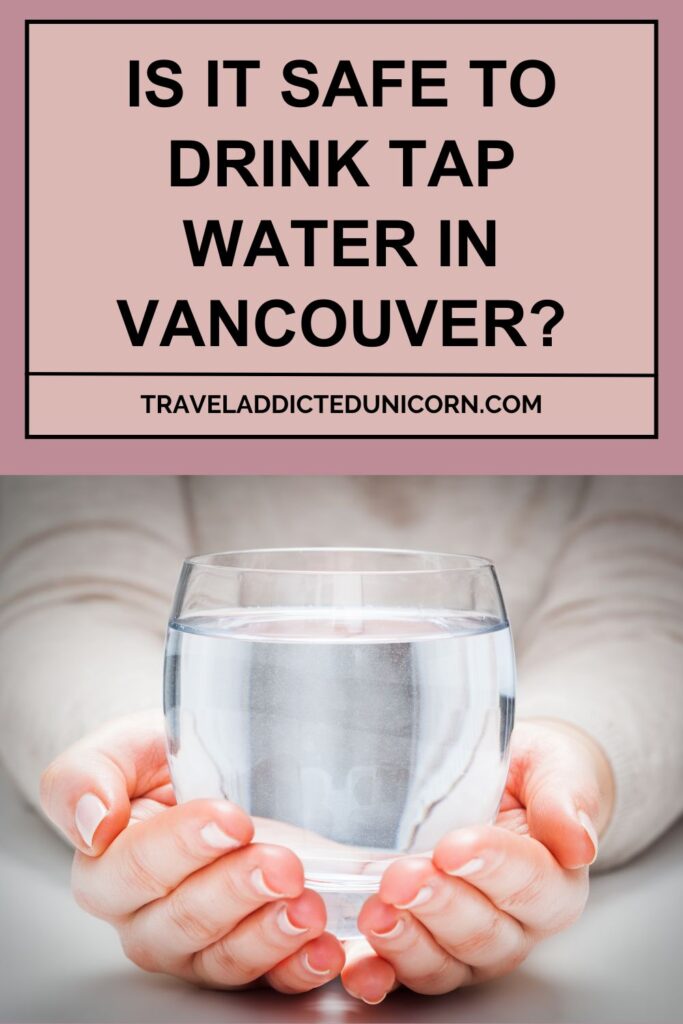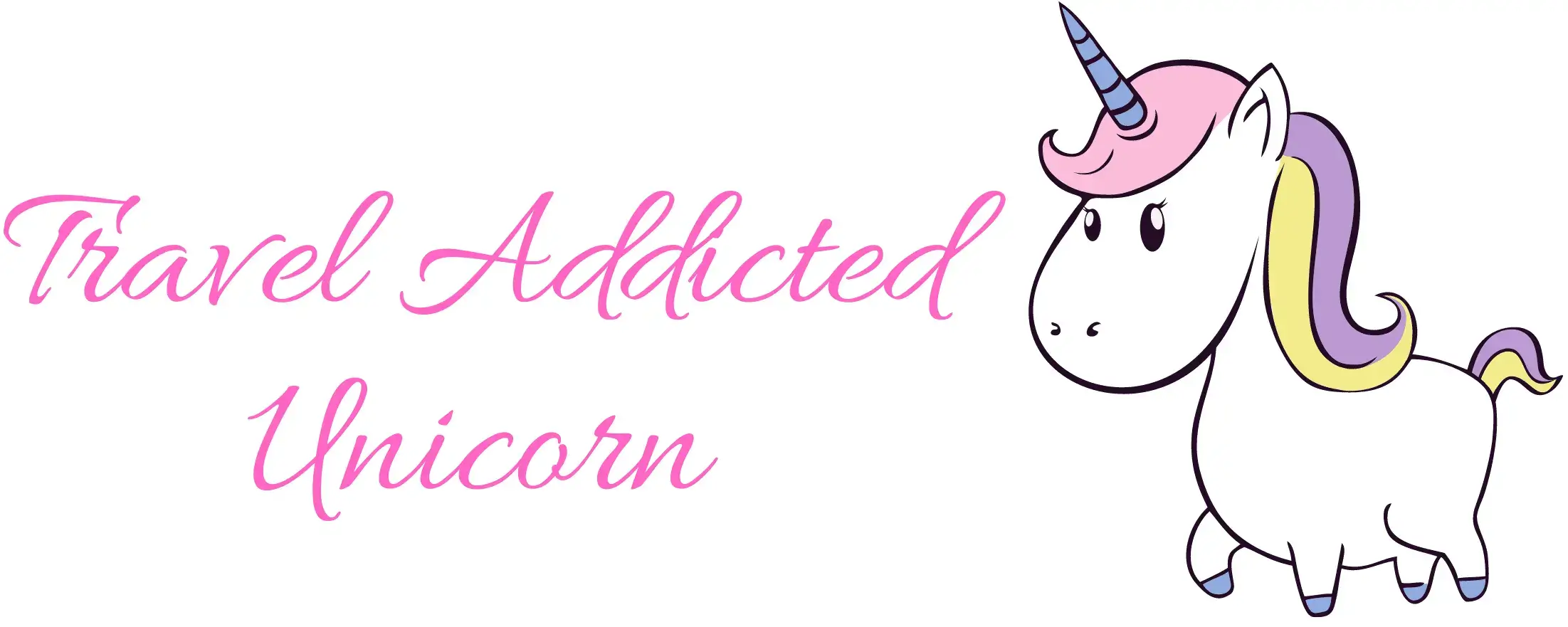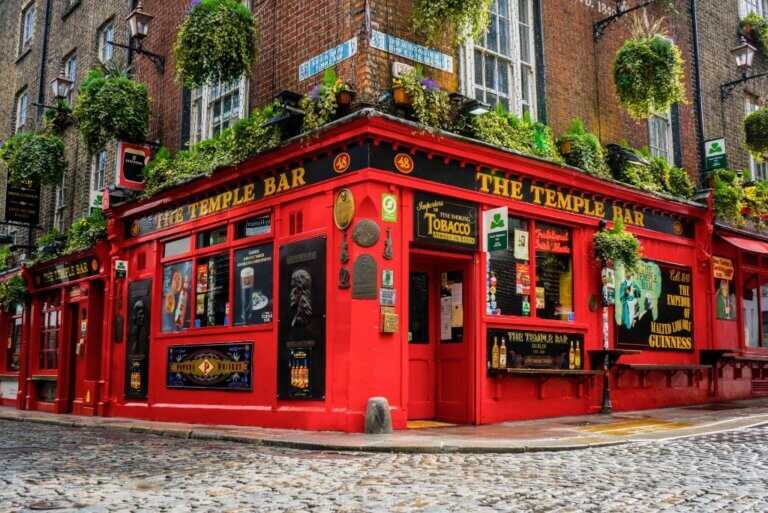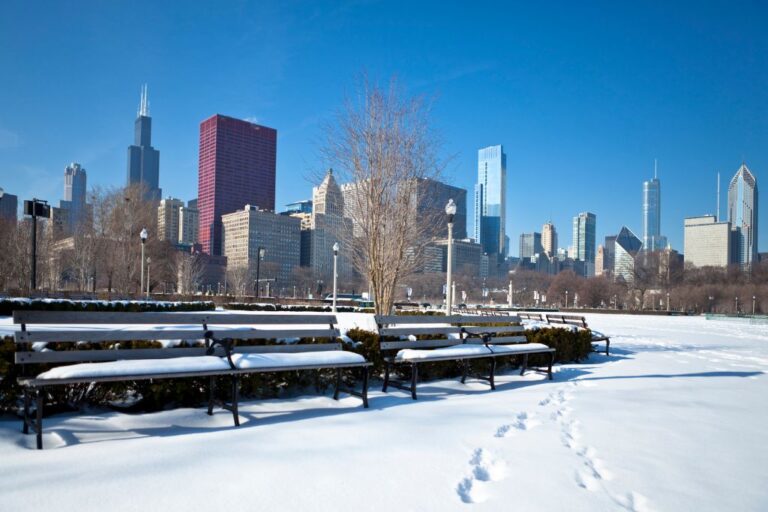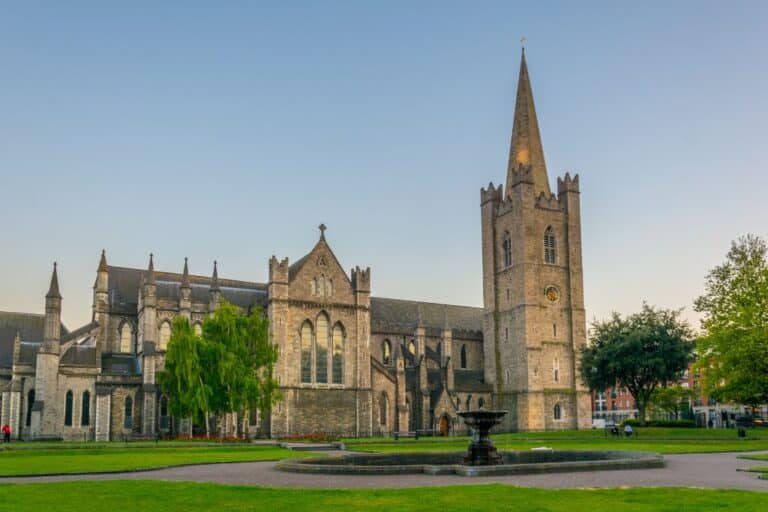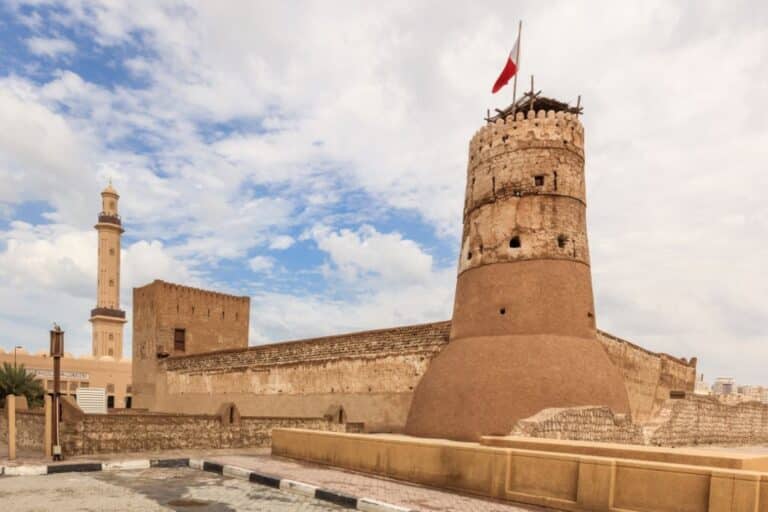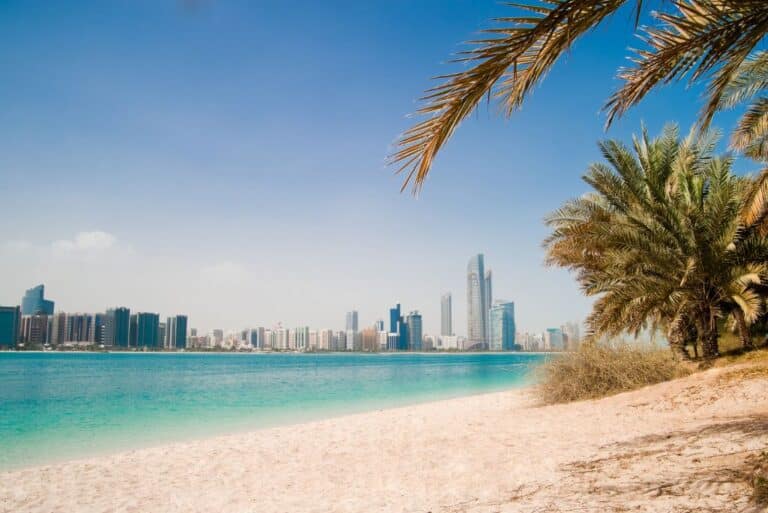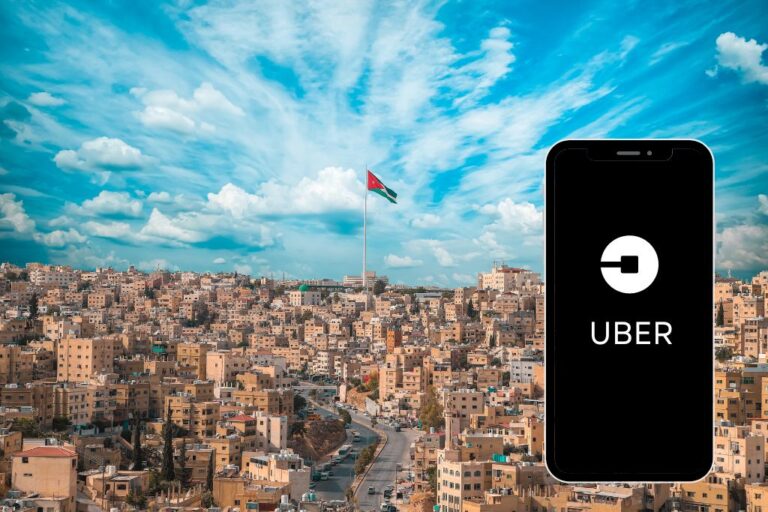Is It Safe To Drink Tap Water In Vancouver? (2025 Guide)


Are You Wondering If You Can Drink The Tap Water In Vancouver, Canada? Keep Reading To Find Out!
A lot of visitors wonder if tap water is safe to drink in Vancouver, British Columbia, Canada.
Which of course makes sense as no one wants to get sick during their travels.
In this detailed guide, you will find the answers to all of your questions such as – is drinking tap water safe, where is the water coming from, what kind of chemicals the water contains, etc.
When we visited Vancouver, we drank the tap water and had no issue with it.
Is It Safe To Drink Tap Water In Vancouver, BC In 2025?
Vancouver, Canada, generally has high-quality tap water that is safe to drink.
Canada has strict regulations and standards for drinking water, and municipalities, including Vancouver, regularly test and monitor the water supply to ensure it meets these standards.
Residents and visitors in Vancouver generally rely on tap water for their daily needs, including drinking, cooking, and personal hygiene.
The water treatment process typically includes filtration, chlorination, and other disinfection methods to eliminate potential contaminants.

How clean is the tap water in Vancouver?
Metro Vancouver (the water supplier) has a two-stage treatment process for drinking water.
The first stage of the treatment occurs at the source, taking place at one of Metro Vancouver’s two water treatment facilities (Seymour-Capilano Filtration Plant and Coquitlam Water Treatment Plant).
In the second stage, as the water travels throughout the region, it undergoes additional secondary treatment.
The Seymour Capilano Filtration Plant is the largest drinking water filtration plant in Canada with the capacity to treat up to 1.8 billion litres per day.
The filtration process serves multiple purposes in enhancing the quality of the tap water in Vancouver.
Firstly, it works to diminish turbidity or cloudiness in the water, providing a clearer and more aesthetically pleasing appearance.
Additionally, the filtration process effectively eliminates harmful micro-organisms such as Giardia and Cryptosporidium, known for causing illnesses.
Beyond health benefits, this process has the advantage of reducing the quantity of chlorine needed for disinfection, contributing to a more environmentally sustainable water treatment.
Therefore, the filtration process positively impacts the taste, color, and smell of the water.
👉 If you prefer drinking water through a filter, grab your LARQ Bottle. The Nano Zero Filter technology removes lead, heavy metals, chlorine, microplastics, and other particulates in the water.
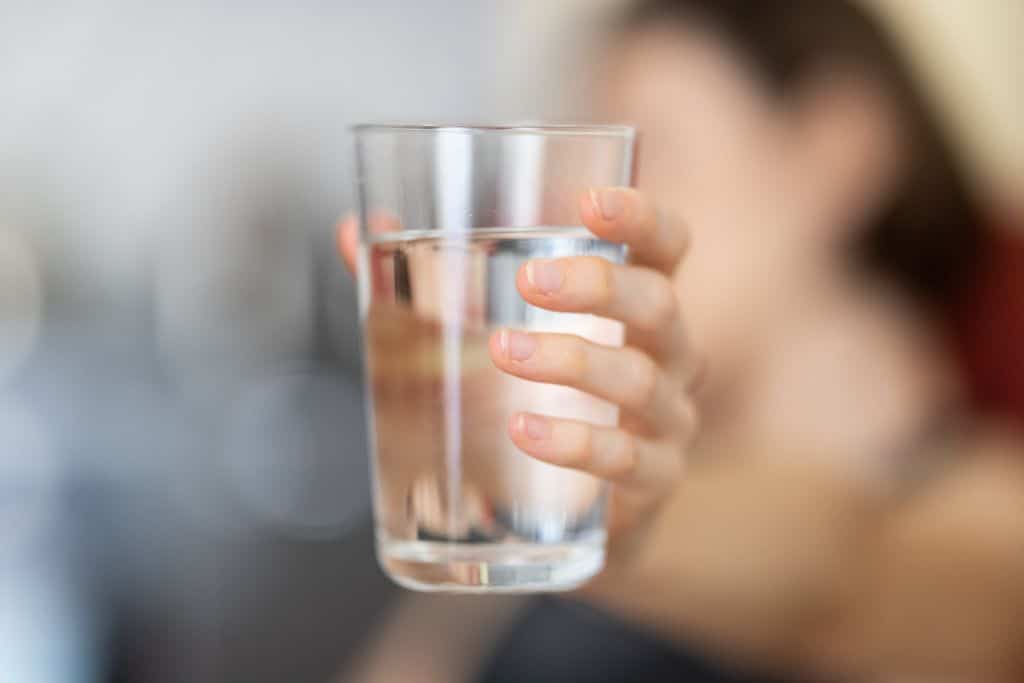
Where does the Vancouver tap water come from?
Metro Vancouver supplies all drinkable water within the city of Vancouver.
It is sourced from rainfall and snowmelt collected in the Capilano, Seymour, and Coquitlam watersheds.
Metro Vancouver oversees the management and safeguarding of these watersheds, restricting public access.
No recreational, agricultural, or industrial activities that could pose a risk of water contamination are allowed within the watershed boundaries.
Metro Vancouver is also responsible for the Seymour-Capilano Filtration Plant and the Coquitlam Water Treatment Plant, both owned and operated by the region.
These facilities play a crucial role in treating and disinfecting the source water before it reaches consumers.
Stringent monitoring and testing procedures are implemented by Metro Vancouver to ensure the quality of the treated water source.
Can you drink the bathroom tap water in Vancouver?
In general, tap water from bathroom faucets in Vancouver comes from the same municipal water supply as kitchen taps.
The water treatment processes and quality standards are uniform across the water distribution system.
Therefore, bathroom tap water in Vancouver is typically safe for drinking, like the water from kitchen taps.
Do you have to pay for water in restaurants/hotels in Vancouver?
In Vancouver, it’s common for restaurants to provide tap water to customers free of charge.
Therefore, if you request water with your meal, the server will bring a glass of tap water without charging you.
You can drink the water from the tap in your hotel room without a problem as well.
However, it’s important to note that bottled water in restaurants and hotels comes with a charge.
Always check the menu or inquire with the staff if you have any questions about the pricing of water options in a restaurant or hotel in Vancouver.
🦄 Related Vancouver blog posts:
20 Things To Do In Stanley Park, Vancouver
Vancouver: Gastown, Chinese Garden & Vancouver Lookout
Is Vancouver Worth Visiting? 15 Incredible Reasons To Visit
Biking Stanley Park, Vancouver + 7 Best Bike Rentals

What does the tap water in Vancouver taste like?
According to the City of Vancouver Waterworks Utility Annual Report, there is no distinct taste or odour associated with the tap water in Vancouver.
The absence of significant mineral content in Vancouver’s tap water contributes to its neutral taste.
However, some residents have mentioned that the water has a slight chlorine taste, which can be removed with the usage of a water filter.
Do you need a water filter in Vancouver, Canada?
A water filter is not a strict necessity for most residents and visitors in Vancouver, as the tap water is generally of high quality and meets stringent health standards.
However, some individuals choose to use filters for personal preferences or specific circumstances.
Some people may opt for a water filter to improve the slight taste or odor of tap water, while others could be concerned about older plumbing in certain buildings.
Overall, Vancouver’s tap water is regularly treated and sourced from protected mountain watersheds.
However, using a water filter remains a personal choice based on individual preferences and circumstances.

Is bottled water safer than tap water?
Bottled water in Vancouver is regulated to meet safety standards, but it may not necessarily be safer than tap water.
Under the Food and Drug Act of Health Canada, bottled water is subject to regulation as a food product.
Also, domestic manufacturers and importers are inspected by the Canadian Food Inspection Agency to ensure compliance with regulatory standards.
Bottled water is often sourced from municipal water supplies or natural springs, and its quality can vary.
Additionally, bottled water is associated with environmental concerns due to plastic waste.
In terms of safety, both tap water and bottled water in Vancouver are typically safe for drinking.
Choosing between them may depend on personal preferences, convenience, and environmental considerations.
👉 If you prefer drinking water through a filter, grab your LARQ Bottle. The Nano Zero Filter technology removes lead, heavy metals, chlorine, microplastics, and other particulates in the water.

Does British Columbia have good tap water?
Yes, British Columbia, including its major cities like Vancouver, generally has high-quality tap water.
The province adheres to strict regulations and standards set by health authorities.
Which ensures that the tap water is safe for consumption.
The water supply in British Columbia often comes from protected sources.
Such as mountain watersheds, and undergoes thorough treatment processes to meet or exceed health and safety standards.
It’s important to note that water quality can vary by location.
Also, it could be influenced by factors such as local infrastructure and plumbing conditions.
However, in general, British Columbia is committed to providing residents and visitors with clean and safe tap water.

FAQs: Is It Safe To Drink Tap Water In Vancouver?
Let’s take a look at some of the most frequently asked questions when it comes to drinking tap water in Vancouver, Canada.
Is the drinking water in Vancouver hard or soft?
Simply put hard water contains higher concentrations of minerals, while soft water has fewer minerals.
The drinking water in Vancouver is soft as it originates from rain and snowmelt.
Resulting in low mineral content as it doesn’t remain for a long time in the rocks.
Cities with hard water often draw from mineral-rich rivers or granite groundwater reservoirs.
Soft water, ideal for bathing and washing, enhances the efficiency of soap, requiring only a small amount for effective use.

What is the pH balance in the drinking water in Vancouver?
The pH of water is a measure of its acidity or alkalinity on a scale ranging from 0 to 14.
A pH value of 7 is neutral, indicating that the water is neither acidic nor alkaline.
Values below 7 indicate acidity, while values above 7 indicate alkalinity.
For drinking water, the ideal pH range is typically between 7.0 – 10.5.
This range is safe for human consumption and is within the health authorities’s guidelines.
Currently, the average pH in Vancouver is around 8.49.
Metro Vancouver employs measures at the Seymour Capilano Filtration Plant (hydrated lime and carbon dioxide).
As well as the Coquitlam Water Treatment Plant (sodium carbonate and carbon dioxide) to adjust alkalinity and maintain stable pH levels.
Does the drinking water in Vancouver have chlorine in it?
One of the main questions visitors have is “Is there chlorine in Vancouver tap water?”.
As a disinfectant, chlorine is a common addition to drinking water to kill harmful microorganisms like bacteria and viruses that might be present in the water.
The primary purpose of chlorine in water treatment is to ensure that the water is safe for consumption by reducing the risk of waterborne diseases.
Most cities or towns in Canada use chlorine to treat drinking water.
The average amount of chlorine in the tap water in Vancouver is 0.66 mg/L which is on the lower spectrum.
The optimal range is between 0.04 – 2.0 mg/L.
👉 If you prefer drinking water through a filter, grab your LARQ Bottle. The Nano Zero Filter technology removes lead, heavy metals, chlorine, microplastics, and other particulates in the water.
Does the drinking water in Vancouver have fluoride in it?
To prevent tooth decay and enhance dental health, public health measures often involve adding fluoride to drinking water.
However, fluoride is not added to Vancouver’s tap water.
Keep in mind that fluoride naturally occurs in the soil and rocks. Therefore there could be some small amounts in the tap water – less than 0.05mg/ L.
🦄 Related Vancouver blog posts:
10 Best Bakeries To Try In Vancouver, BC
Vancouver: Granville Island, VanDusen Botanical Garden, And Kitsilano Beach
Vancouver: Capilano Suspension Bridge, Grouse Mountain & Lynn Canyon
Is There Uber In Vancouver?
15 Best Places To Visit In Canada In December

What other chemicals are in tap water in Vancouver?
Other chemicals that you will find in the tap water in Vancouver are Sodium – 1920-5950, Calcium – 4640-8180, Magnesium – 163- 232 etc.
All the measurements are in Micrograms per Litre and from Sep 12 2023 which is the most recent report.
They are all within the optimal ranges for high-quality drinking water.
Metals in the water such as copper, zinc, lead, and iron are assessed semi-annually at five designated locations.
The metal levels in Vancouver’s water consistently adhere to the guidelines set by the GCDWQ (Guidelines for Canadian Drinking Water Quality) and are within the desired limits.
Metro Vancouver Laboratory does the metal analysis of the drinking water in Vancouver.

What other tests have been done on the drinking water in Vancouver?
The drinking water does not contain E. Coli, Total Coliforms and the Heterotrophic Plate Count (HPC) is 0.
Escherichia coli, commonly known as E. coli, is a type of bacteria. While most strains of E. coli are harmless, certain strains can cause illness.
When E. coli bacteria are present in drinking water, it is typically an indicator of fecal contamination, suggesting the possible presence of other harmful microorganisms.
Total coliform is a group of bacteria that includes various types of microorganisms, some of which are naturally present in the environment, soil, and water.
The presence of total coliforms in drinking water is an indicator of water quality and potential contamination.
While most total coliform bacteria are not harmful, their presence suggests that conditions could be suitable for the survival and growth of other pathogenic microorganisms.
Heterotrophic Plate Count (HPC) is a microbiological test which measures the general level of bacteria in drinking water.
HPC measures the total count of heterotrophic bacteria, which are bacteria that obtain carbon for growth from organic compounds present in their environment.
HPC is not indicative of the presence of harmful bacteria; rather, it provides a general indication of overall microbial activity in the water.
The HPC test involves counting the number of colony-forming units (CFUs) that develop on a culture medium after incubation.
According to the City of Vancouver Waterworks Utility Annual Report in 2023, the turbidity of the water (the clarity or cloudiness of water) was 1.0 NTU.
The Guidelines for Canadian Drinking Water Quality recommend that treated water have turbidity levels of 1.0 NTU or less to ensure effective disinfection and aesthetic quality.
In a recent assessment, 99.6% of water samples met this standard.
Occasional instances of turbidity exceeding 1.0 NTU were observed; however, no associated bacterial growth was detected during these periods.

Conclusion: Is It Safe To Drink Tap Water In Vancouver?
In conclusion, the tap water in Vancouver is generally safe and of high quality for drinking.
Sourced from protected mountain watersheds and subject to rigorous testing and treatment processes, Vancouver’s tap water meets or exceeds health and safety standards.
The city’s commitment to water quality is evident through continuous monitoring, adjustments to alkalinity, and the use of disinfection measures.
Residents and visitors can confidently consume tap water, appreciating its great taste, color, and smell.
While personal preferences and concerns may lead some individuals to use water filters, the overall consensus is that Vancouver’s tap water is a reliable and healthy choice for hydration.
